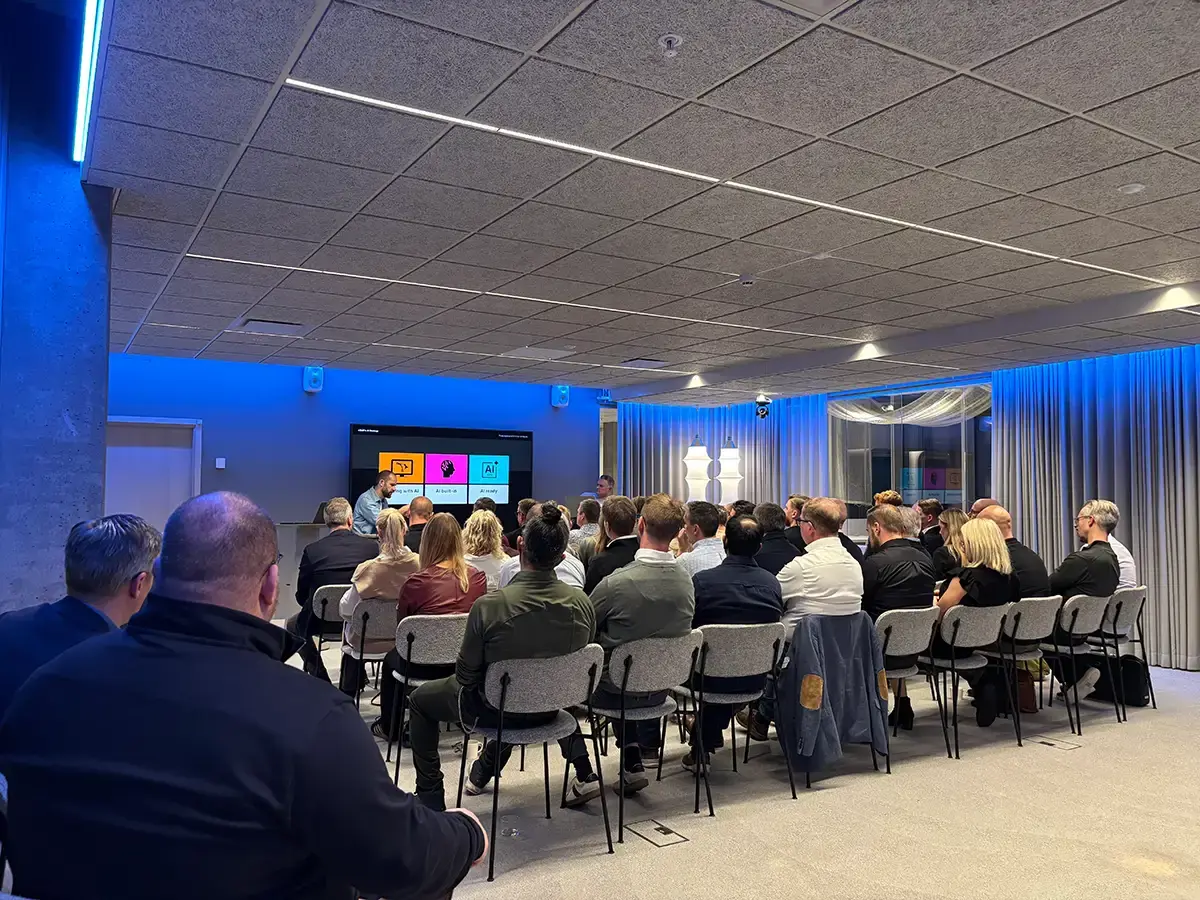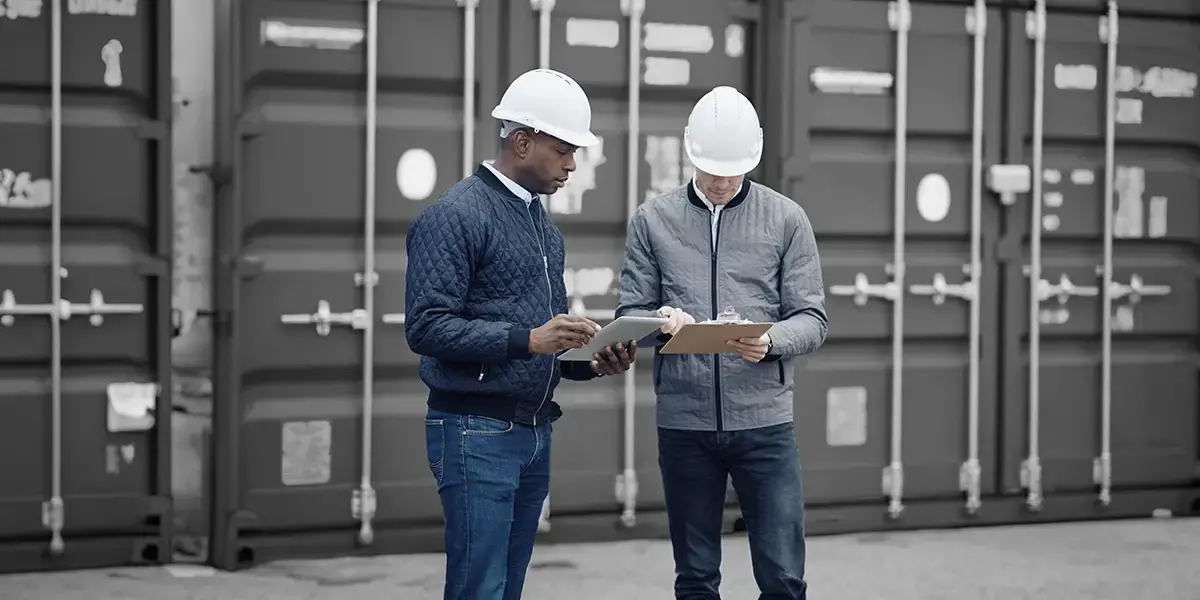
Blog
Show all
Ecommerce
Delivery management
Logistics
Sustainability
nShift Returns
Post purchase
nShift Ship
Retail
Black Friday
nShift Checkout
Last mile delivery
Emissions
nShift Track
Returns management
Delivery experience
Parcel tracking
Events
Sustainable logistics
Customer experience
Partners
Peak season
nShift TMS
Carrier management
WISMO tracking
3PL
Accessibility
Branded tracking
Conversion
Delivery Options
Pudo
Reverse logistics
SMB
Supply chain
Trends
nShift Delivery

LOGISTICS
7 min read

DELIVERY MANAGEMENT
8 min read

DELIVERY MANAGEMENT
5 min read

DELIVERY MANAGEMENT
7 min read

DELIVERY MANAGEMENT
6 min read

DELIVERY MANAGEMENT
6 min read

DELIVERY MANAGEMENT
5 min read

DELIVERY MANAGEMENT
5 min read



